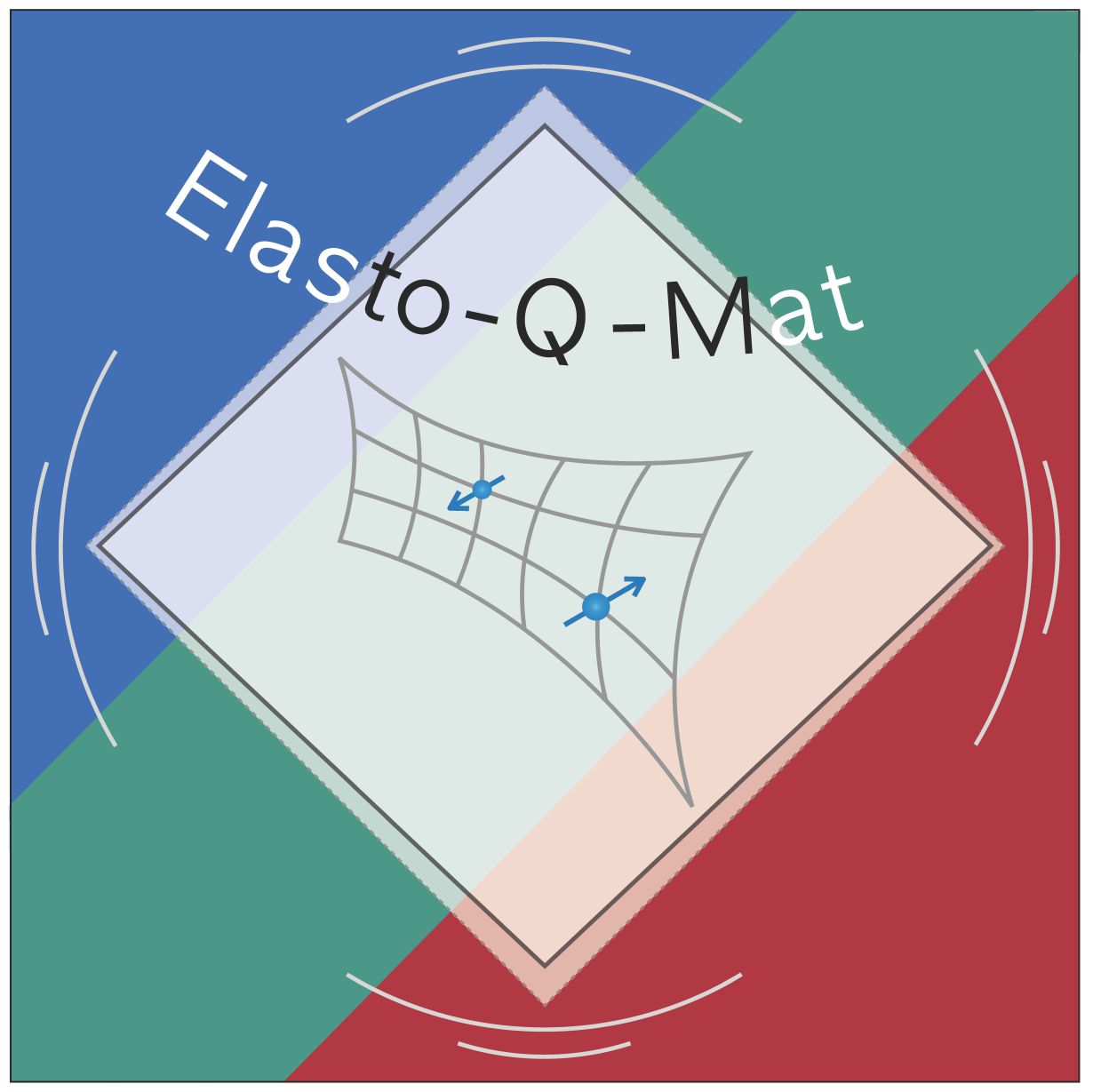Karlsruhe Institute of Technology (KIT) is partner of the new Collaborative Research Center/Transregio (CRC/TRR) project “Elastic Tuning and Elastic Response of Electronic Quantum Phases of Matter” (ELASTO-Q-MAT). This project focuses on quantum materials, whose properties can be modified significantly by elastic deformation. The project is coordinated by the University of Frankfurt/Main. Spokesperson of KIT is Professor Jörg Schmalian. The project will be funded by the German Research Foundation (DFG) with about EUR 10 million in the next four years.
“I congratulate the scientists involved on this appreciation of their thrilling research concept and look forward to the results of their work,” says Professor Oliver Kraft, KIT Vice-President for Research. The CRC/TRR 288 ELASTO-Q-MAT will focus on novel physical phenomena of solids resulting from a particularly strong coupling between a material’s elastic properties and its electronic quantum phases. Based on the findings obtained, the researchers will produce new quantum materials with extraordinary properties and open up the application potential resulting from interactions between mechanical and electronic properties.
Physical properties of quantum materials can only be explained by quantum theory, an example being superconductivity, i.e. disappearance of electrical resistance below a critical temperature, the so-called transition temperature. “Quantum materials with easily adjustable electronic properties are the key to future quantum technologies,” says Professor Jörg Schmalian, Head of the Institute for Theoretical Condensed Matter Physics (TKM) of KIT, Topic Spokesperson at the KIT Center Materials in Technical and Life Sciences, and Co-spokesperson of the new ELASTO-Q-MAT CRC/TRR. Many materials respond to mechanical deformation by changing their electronic or magnetic properties. For instance, mechanically induced doubling of transition temperatures occurs in certain oxides or novel charge orders develop in high-temperature superconductors. Some materials exhibit a unique superelasticity with reproducible strains of nearly 20 percent. “To tackle central questions of future quantum technologies, we can and have to combine smart experimental tricks with elegant quantum field theory,” Schmalian explains.
At KIT, the ELASTO-Q-MAT CRC/TRR is affiliated to the KIT Center Materials in Technical and Life Sciences, with all researchers involved being members of the Institute for Quantum Materials and Technologies (IQMT) that was established in January 2020. The CRC/TRR 288 is coordinated by the University of Frankfurt/Main. The spokesperson is Professor Maria Roser Valenti. Project partners are Mainz University and Max Planck Institute for Polymer Research, Mainz, as well as the Max Planck Institute for Chemical Physics of Solids, Dresden.
Within the framework of collaborative research centers, university work on innovative long-term research projects. DFG establishes ten new CRCs, of which six are CRC/TRRs with several proposing universities. The new CRCs will be funded with a total of EUR 144 million for a period of initially four years as of July 01, 2020.
More information on ELASTO-Q-MAT can be found at https://transregio288.org
Being “The Research University in the Helmholtz Association”, KIT creates and imparts knowledge for the society and the environment. It is the objective to make significant contributions to the global challenges in the fields of energy, mobility, and information. For this, about 10,000 employees cooperate in a broad range of disciplines in natural sciences, engineering sciences, economics, and the humanities and social sciences. KIT prepares its 22,800 students for responsible tasks in society, industry, and science by offering research-based study programs. Innovation efforts at KIT build a bridge between important scientific findings and their application for the benefit of society, economic prosperity, and the preservation of our natural basis of life. KIT is one of the German universities of excellence.

